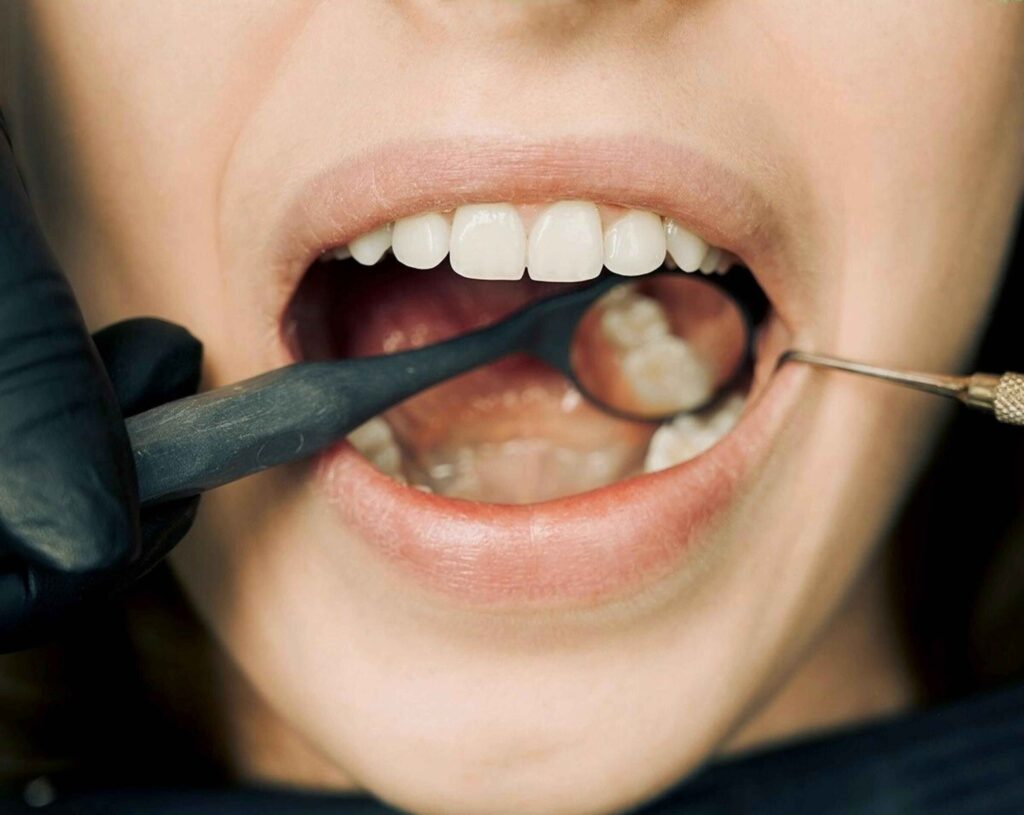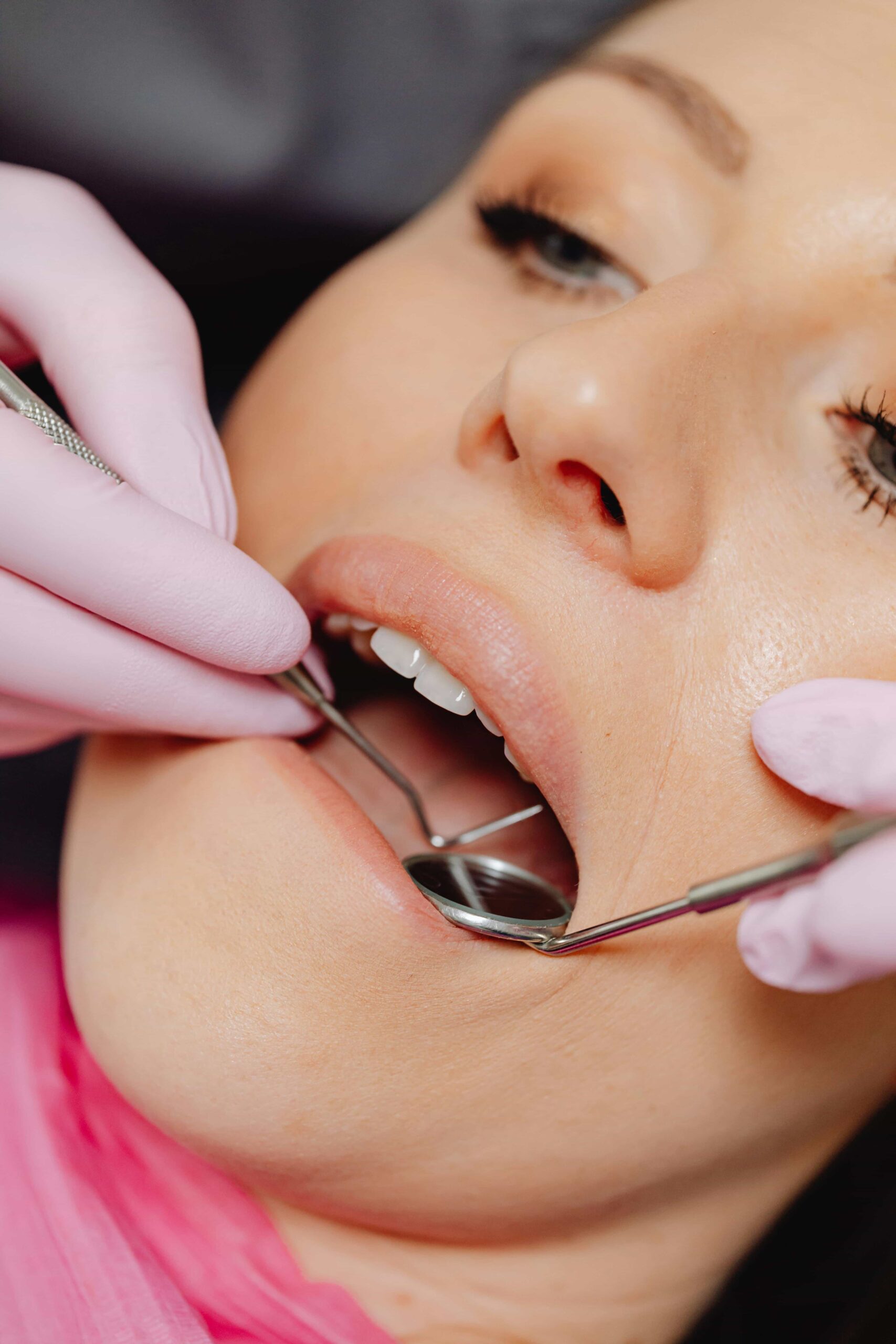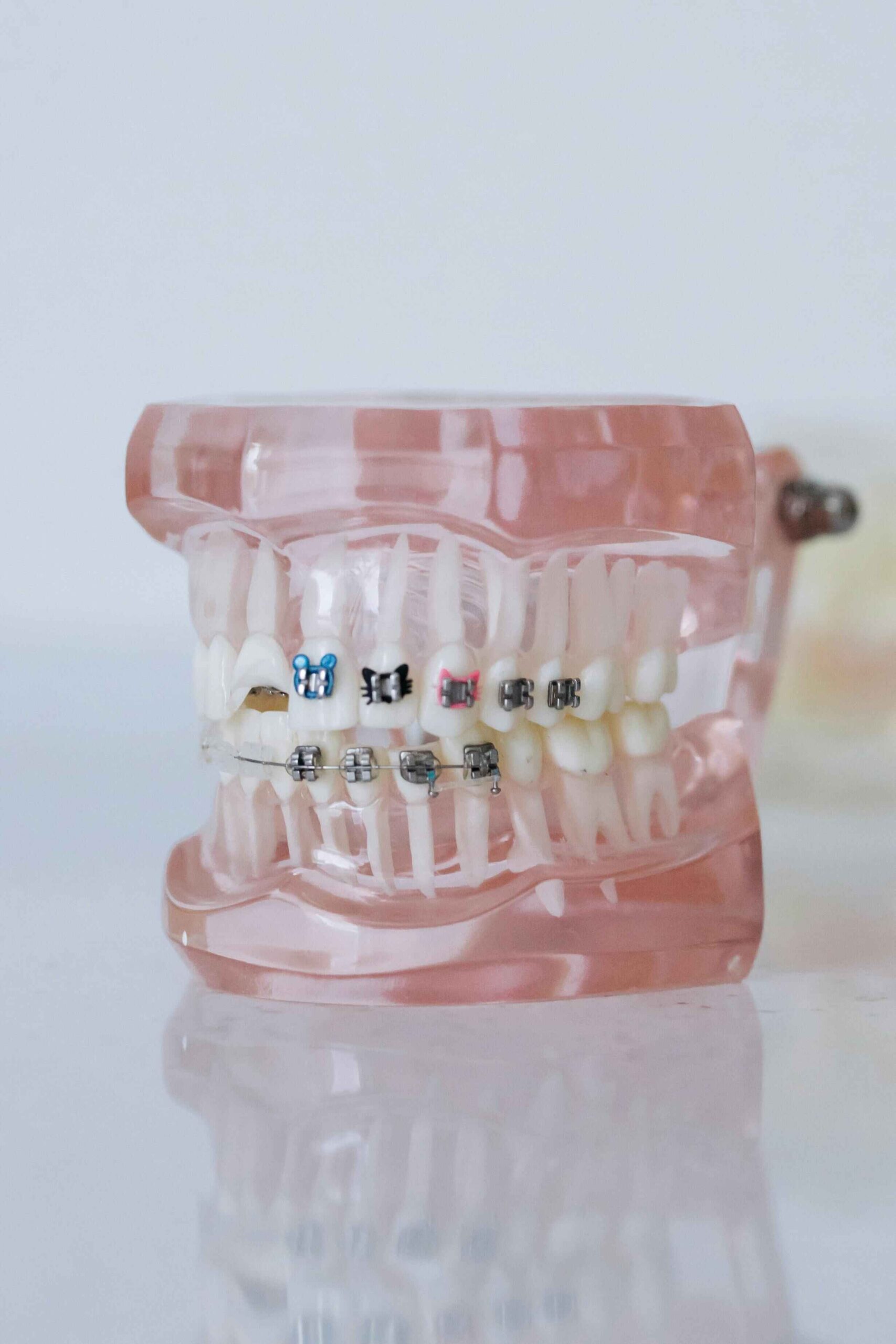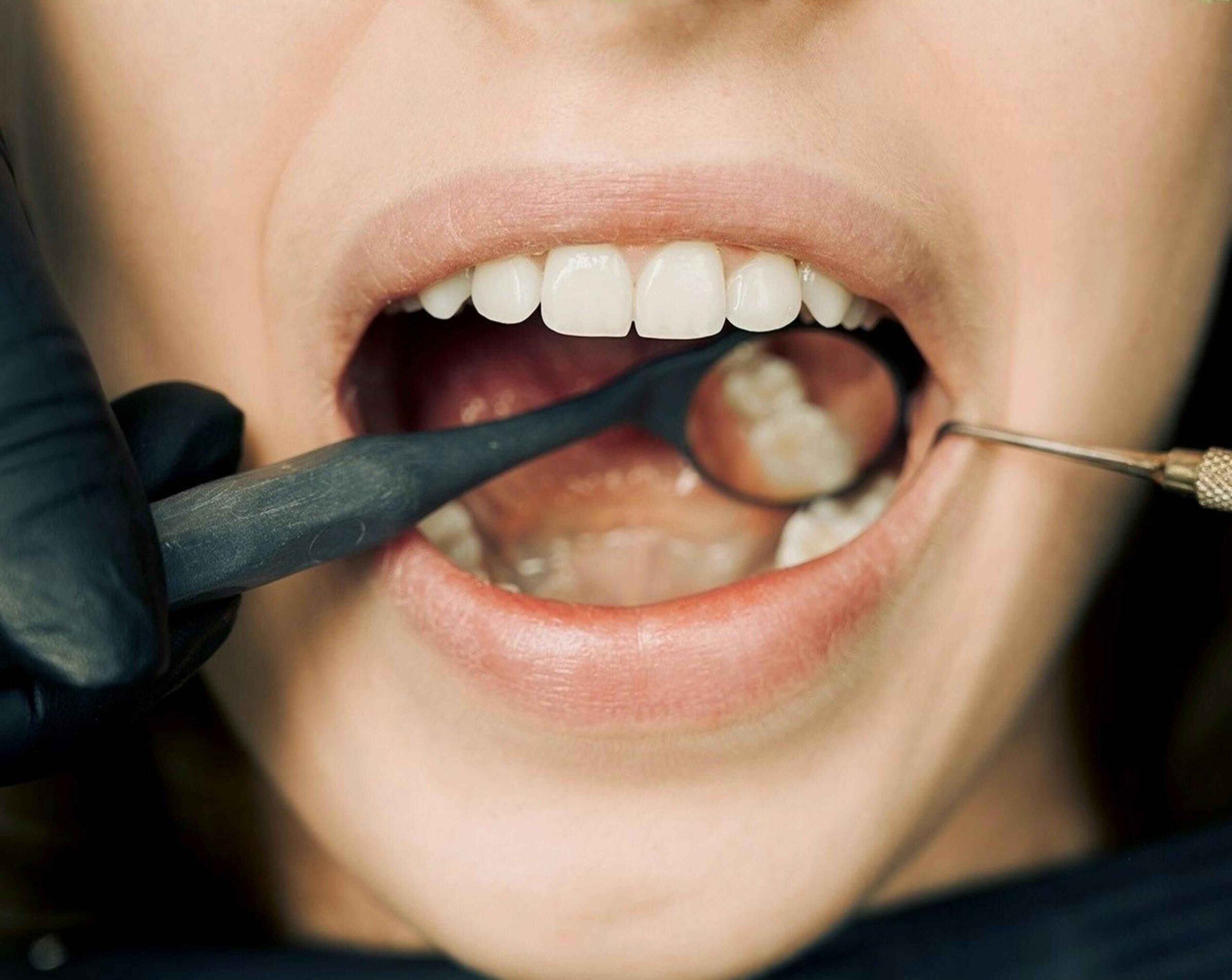When it comes to maintaining a healthy and beautiful smile, there can be a bit of confusion about whether orthodontists fill cavities. It’s understandable—dentists and orthodontists both care for your teeth, but their roles are quite different.
If you’ve been wondering, “Do orthodontists fill cavities?” or “Do orthodontists do cavity fillings?” we’re here to clear up any doubts and provide the information you need to make informed decisions about your oral health.
Let’s take a look.
Key Takeaways
- Dentists and Orthodontists Have Distinct Roles: Dentists focus on oral health, addressing issues like cavities and gum disease, while orthodontists specialize in straightening and aligning teeth for improved function and aesthetics.
- Collaboration Is Essential: Regular communication and coordination between your dentist and orthodontist ensure any dental issues are addressed without disrupting your orthodontic treatment.
- Good Oral Hygiene Is Vital: Brushing, flossing, and rinsing with fluoride mouthwash are crucial steps to prevent cavities and maintain oral health during orthodontic treatment.
- Regular Check-Ups Are a Must: Visiting your dentist every six months—or more frequently if advised—is key to addressing potential issues early and keeping your teeth healthy.
- Successful Orthodontic Treatment Requires Teamwork: By working with both your dentist and orthodontist and following their guidance, you can achieve the best results and maintain a confident, healthy smile for years to come.
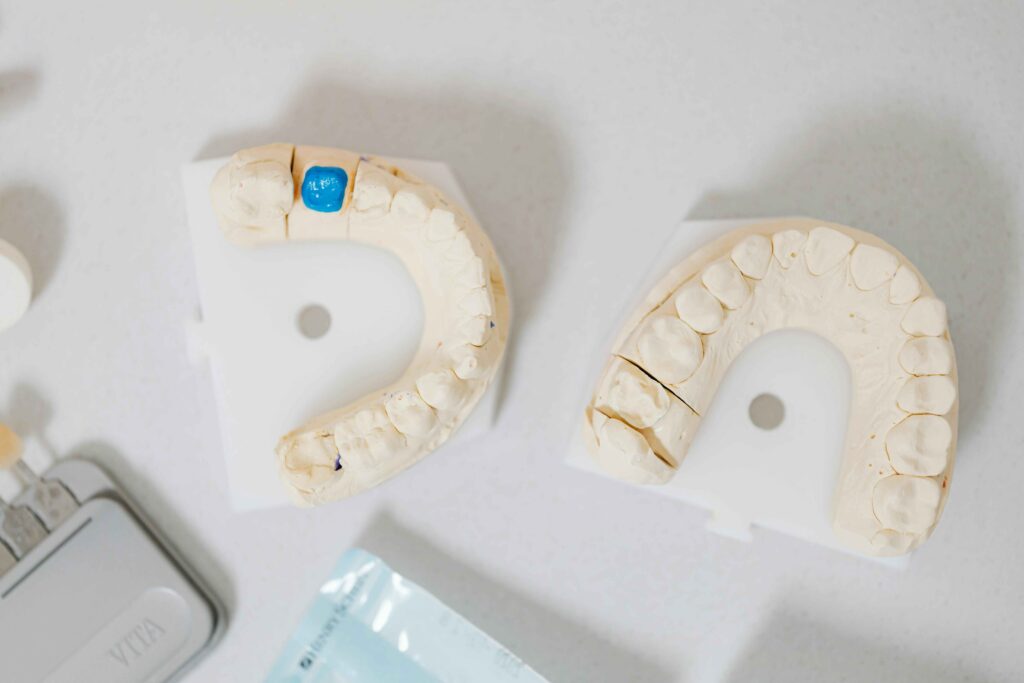
Who Are Orthodontists and What Do They Do?
Orthodontists are dental specialists who focus on diagnosing, preventing, and correcting alignment issues in the teeth and jaws. Their primary goal is to provide treatments that create functional and aesthetically pleasing smiles. An orthodontist uses specialized tools and techniques, such as braces, clear aligners, and retainers, to straighten teeth, fix bite issues, and improve oral health for both children and adults.
Dr. Peter Wagner of Wagner Orthodontics, for example, is a highly skilled third-generation orthodontist in Washington who ensures his patients receive individualized care tailored to their needs. Using the latest orthodontic technology, Wagner Orthodontics provides services like traditional braces, clear aligners, and early orthodontic treatment—each designed to improve your smile.
But does this mean orthodontists handle fillings as well?
Do Orthodontists Fill Cavities?
No, orthodontists do not fill cavities. While orthodontists are highly trained dental professionals, they do not perform general dentistry procedures like cavity fillings, root canals, or teeth cleaning. Instead, these tasks fall under the expertise of a dentist.
Dentists are your go-to professionals for managing the health of your teeth, including checking for cavities and decay, performing restorative procedures (like fillings), and offering preventative care like cleanings and fluoride treatments.
If you have orthodontic treatment scheduled at Wagner Orthodontics or a similar practice, it’s important to keep visiting your family dentist every six months. Proper dental care ensures your teeth stay healthy while undergoing orthodontic treatment.
What Happens if You Get a Cavity During Orthodontic Treatment?
Getting a cavity during orthodontic treatment can happen, especially if diligent oral hygiene isn’t maintained. If you develop a cavity while wearing braces or clear aligners, your orthodontist will collaborate with your dentist to ensure proper treatment.
Here’s how it typically works:
- Visit Your Dentist: Your dentist will identify and treat the cavity by placing a filling or providing other necessary care.
- Coordinate with Your Orthodontist: If you wear braces, your orthodontist may need to temporarily remove brackets or wires so your dentist can easily access the tooth that needs treatment.
- Return to Orthodontic Treatment: Once the cavity has been addressed, you’ll return to your orthodontist to continue with your treatment plan.
This seamless collaboration ensures your smile stays on the path to health and alignment without major interruptions.
Why Is It Important to See Both a Dentist and an Orthodontist?
Maintaining a healthy smile requires regular care from both dentists and orthodontists, especially if you’re undergoing orthodontic treatment.
Here’s why staying consistent with both professionals matters:
- Dentists Focus on Oral Health: They address issues like cavities, gum disease, and oral hygiene, acting as the first line of defense in preventing serious dental conditions.
- Orthodontists Focus on Alignment and Function: They ensure your teeth are straight, aligned, and functional, making it easier to maintain oral hygiene and protect your long-term dental health.
Together, dentists and orthodontists work hand-in-hand to provide comprehensive care that gives you a healthy, beautiful, and confident smile.
How Orthodontists and Dentists Work Together for Your Benefit
At Wagner Orthodontics, Dr. Peter Wagner understands the importance of collaboration between orthodontists and dentists. That’s why their office encourages patients to continue seeing their family dentist during treatment for regular cleanings and cavity checks.
If a dental issue arises, Wagner Orthodontics will coordinate with your dentist to provide the care and convenience you deserve.
By ensuring you have a strong foundation of oral health, Wagner Orthodontics helps you get the most out of your orthodontic treatment. Whether you’re straightening your teeth with traditional braces or opting for Spark Clear Aligners, maintaining good dental health is essential for achieving the best results.
Tips for Healthy Teeth During Orthodontic Treatment
Avoiding cavities during your early orthodontic treatment is all about practicing good oral hygiene.
Here are some tips to keep your teeth cavity-free:
- Brush and Floss Daily: Use an orthodontic-friendly toothbrush and floss to clean around brackets and wires.
- Rinse with Mouthwash: A fluoride mouthwash can help strengthen tooth enamel and protect against decay.
- Limit Sugary Foods: Reduce your intake of sugary and sticky snacks, as they can lead to plaque buildup and cavities.
- Visit Your Dentist Regularly: Schedule a dental check-up every six months—or more frequently if recommended by your dentist.
Taking these steps will not only prevent cavities but also ensure you get the best results from your orthodontic treatment.
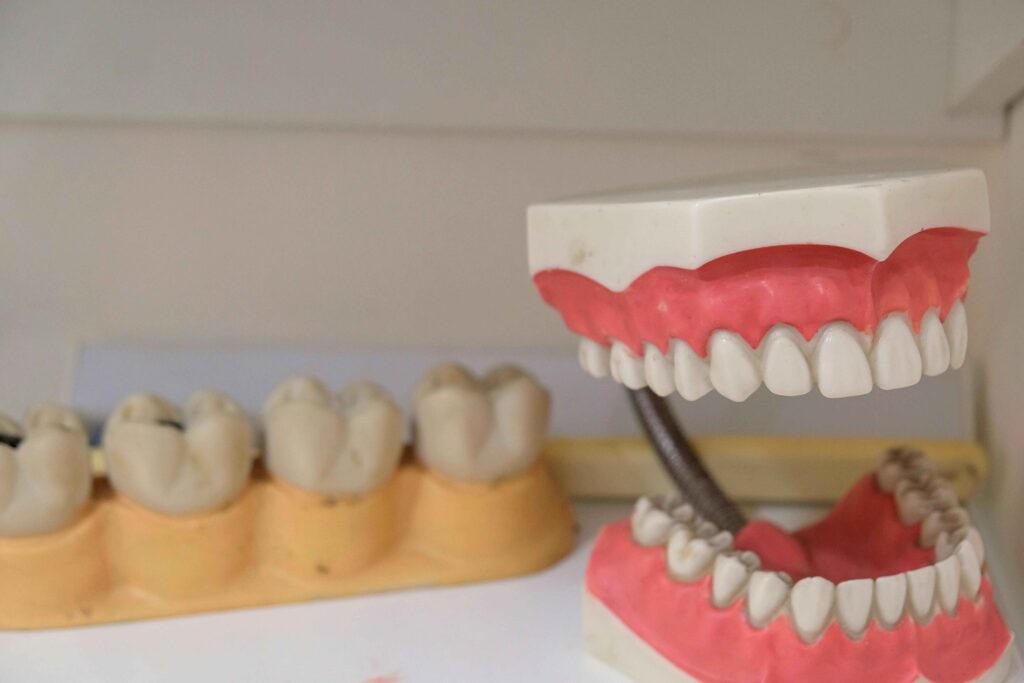
FAQ
Q: Do orthodontists fill cavities?
A: No, orthodontists do not perform general dentistry procedures like filling cavities. Dentists are responsible for managing the health of your teeth and performing restorative procedures.
Q: What happens if I get a cavity during my orthodontic treatment?
A: Your dentist will treat the cavity while coordinating with your orthodontist to ensure proper care. This may involve temporarily removing brackets or wires.
Q: Why is it important to see both a dentist and an orthodontist?
A: Dentists focus on oral health while orthodontists focus on alignment and function. Together, they provide comprehensive care for a healthy smile.
Achieving Your Best Smile Through Teamwork
Achieving and maintaining a healthy, beautiful smile requires teamwork between you, your dentist, and your orthodontist. While your orthodontist focuses on aligning and straightening your teeth, your dentist ensures they remain strong and cavity-free throughout your treatment.
Remember, the answer to “do orthodontists fill cavities” is no—that vital task falls under your dentist’s expertise. By practicing good oral hygiene, attending regular check-ups, and maintaining open communication with both professionals, you can enjoy the best possible results from your orthodontic treatment.
Together, they help you achieve a confident, radiant smile that lasts a lifetime.
Need orthodontist care? Shape your future smile with Wagner Orthodontics! Call today to book your initial orthodontic consultation with us today.

